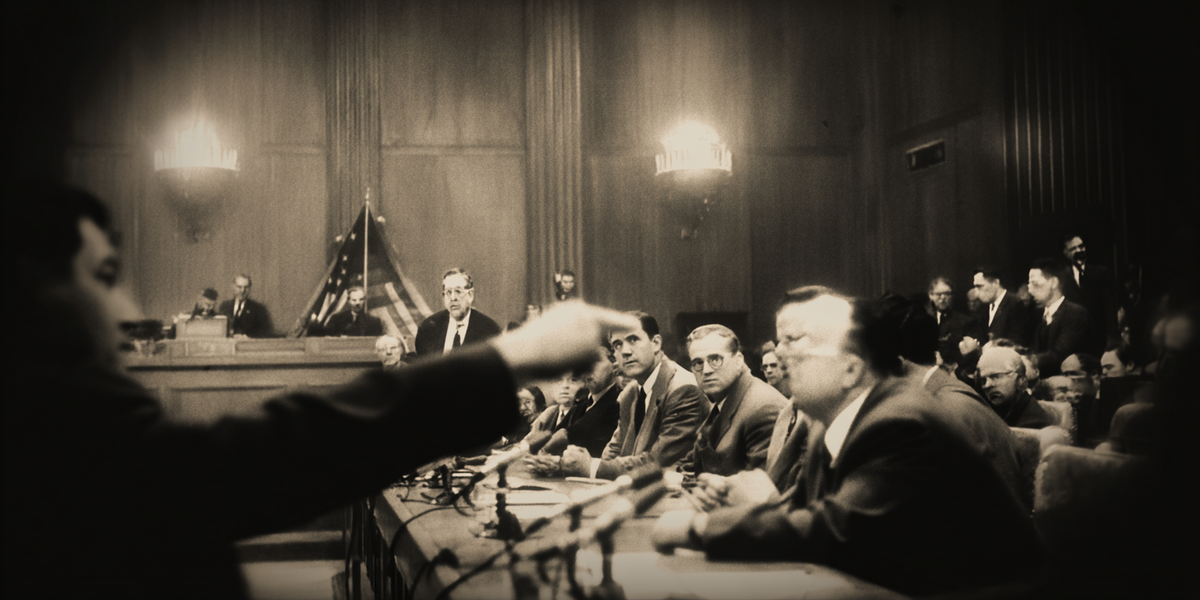It’s hard to read the words "pinko-commie-faggot" now, without hearing the twang of an old‑time radio host or the bark of a crew‑cut sergeant...
Subscribe to continue →A brief cultural history of "pinko-commie-faggot"....


It’s hard to read the words "pinko-commie-faggot" now, without hearing the twang of an old‑time radio host or the bark of a crew‑cut sergeant...
Subscribe to continue →